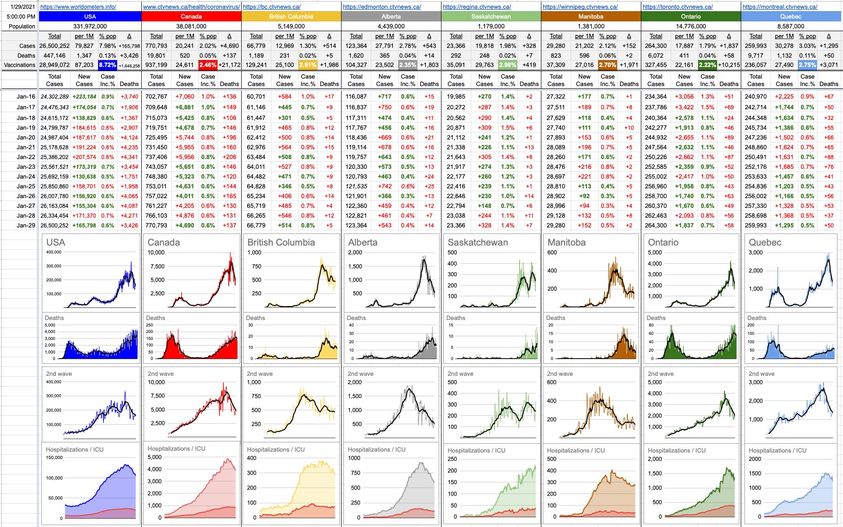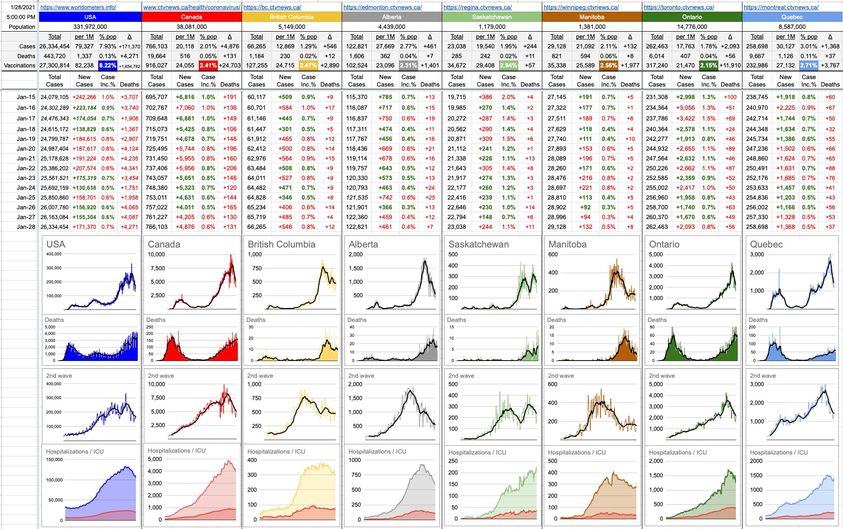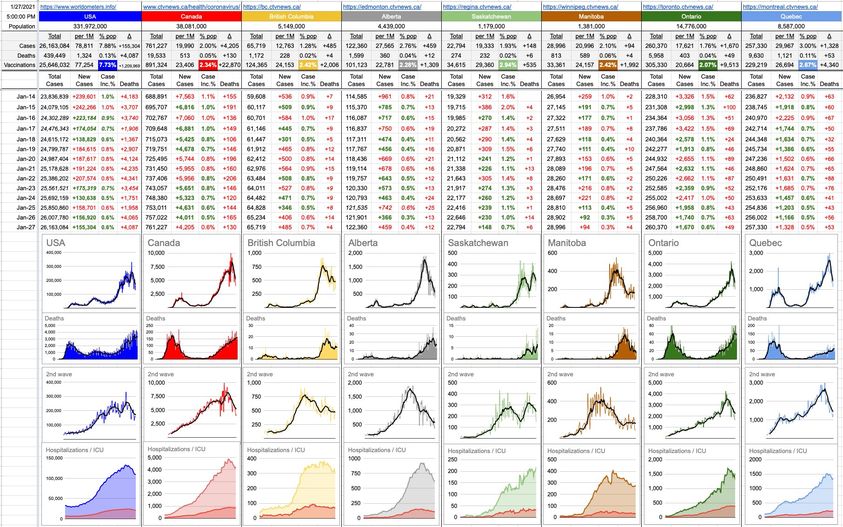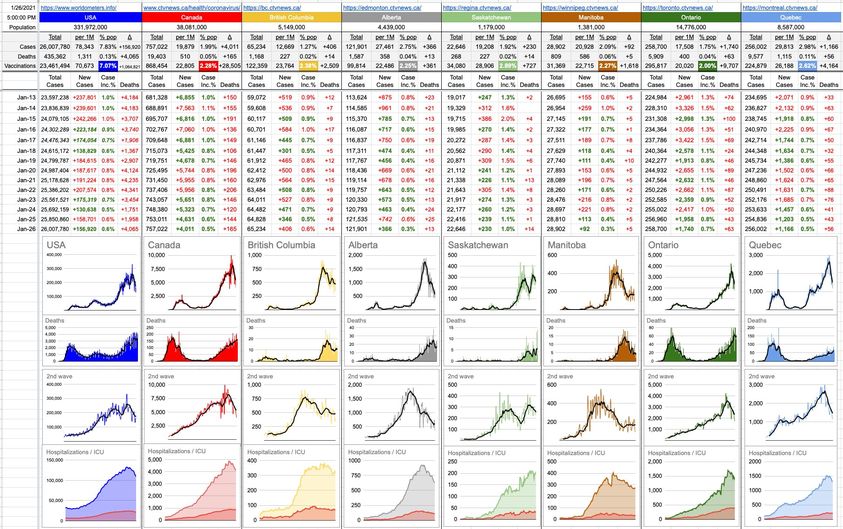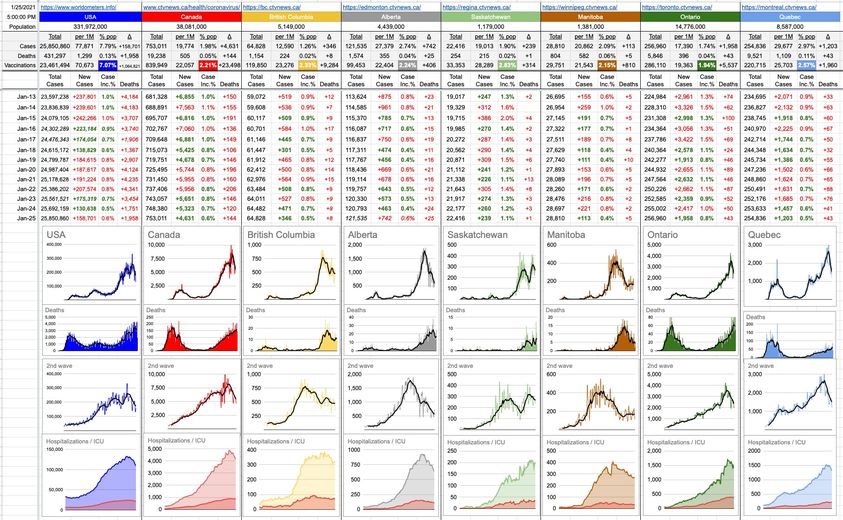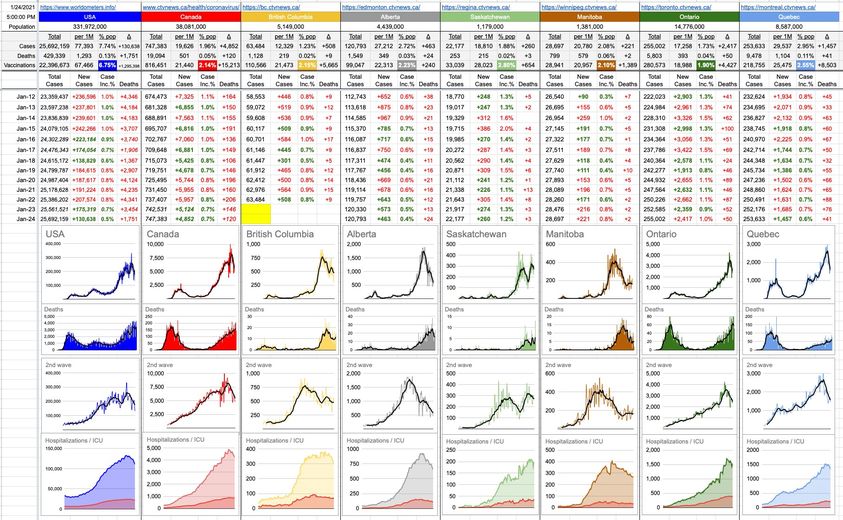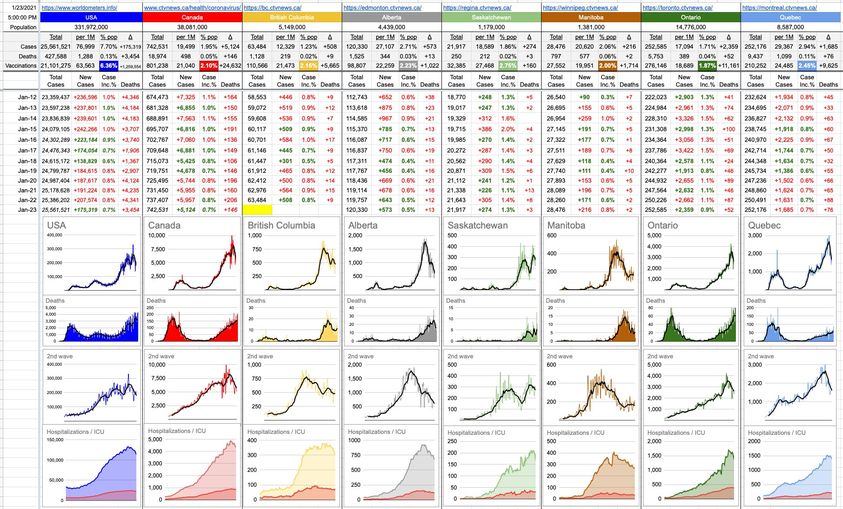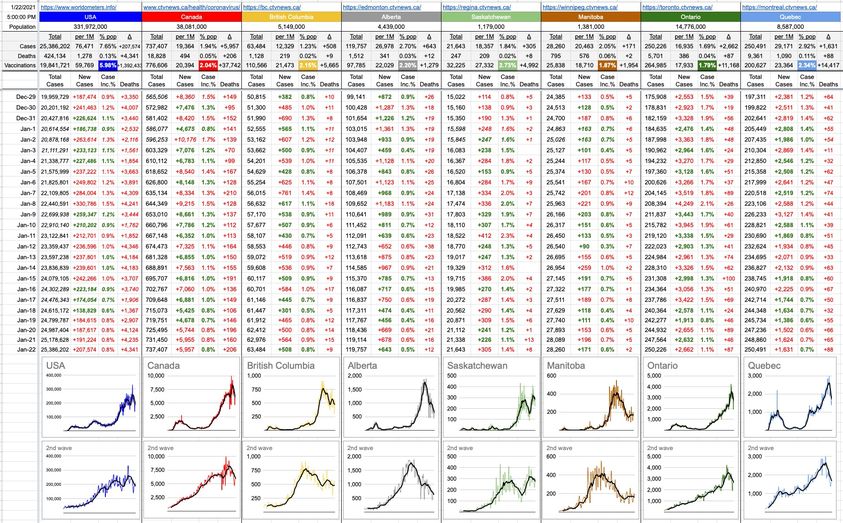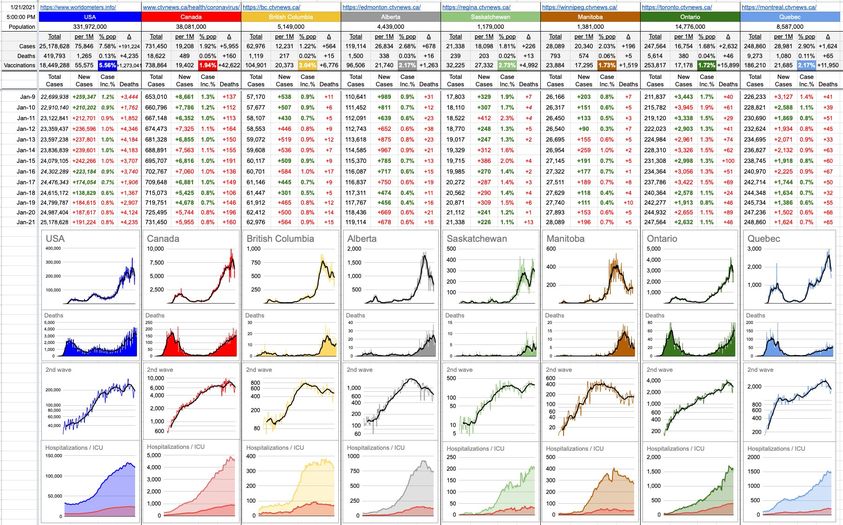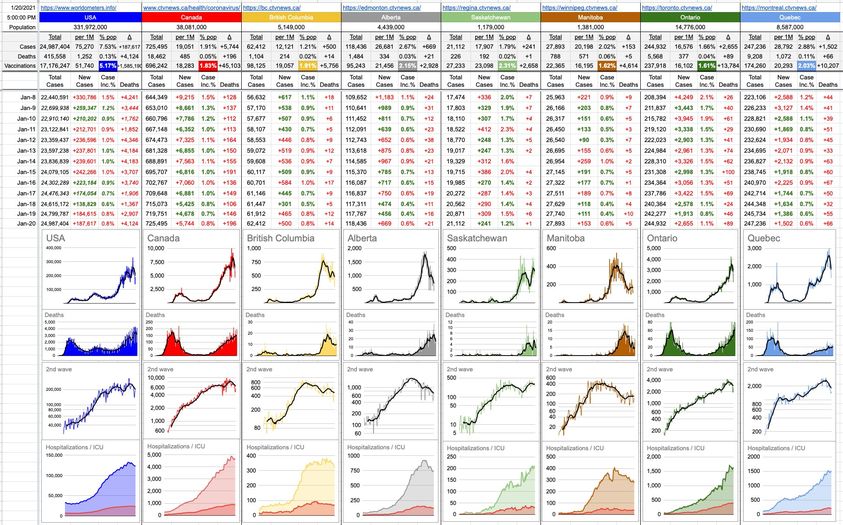January 29, 2021
There’s an age-old question… would you rather fight a horse-sized duck, or 100 duck-sized horses?
OK, it’s not an age-old question. It actually materialized in 2003, in a UK newspaper, but really rose to prominence in a Reddit “Ask Me Anything” thread in 2012… where it was a question posed to president Barack Obama. Obama never got around to answering it, but the question wound up on “the crawl” on TV, and the rest is history. Here are my thoughts…
While a 1,000 pound duck would be formidable indeed, it’s one single enemy… and a coordinated, well-timed attack is all you’d need to neutralize it. On the flipside, I know horses… and I can tell you, dealing with a single angry horse is a handful; a potentially dangerous one… and 100 angry little horses would step on you, kick and bite you relentlessly, and not give up… so yeah, I’ll try my luck against the big duck.
Speaking of Reddit, and fights between one big thing vs. lots of little things… you’ve probably recently heard the words GameStop and AMC and short squeeze and hedge funds…
In a nutshell, here’s what’s going on:
The opposite of the well-known game-plan of buying a stock when you think it’s going to go up, holding it, and then selling it for a profit… is what’s called “shorting” the stock… and it’s what you do when you think a certain stock is over-priced. What you do is borrow the shares from “someone”, sell them… and then wait till the price goes down… and then buy it back at the lower price. Then you return the shares you borrowed and pocket the difference.
Huge (multi-billion-dollar) hedge funds like to short stocks here and there… for varying reasons. Given that their mandate is to hedge risk (it’s in the name…), part of that might be to take positions that go contrary to upward market movements… to hedge the risk in case the opposite happens. But also, using the same analytics and metrics they’d use to picks stocks they think will go up, they do it in the opposite direction.
Arguments can be made about the ethics behind shorting stocks to begin with; you’re basically betting and hoping that a company will do poorly. It goes against a lot of principles, like… well, you can’t sell a house or a car or anything else without actually owning it… why is this different? Because, at least for the moment, the people who run the exchanges say it’s ok. It doesn’t go against the principle of making money… therefore, as long as capitalism exists, so will short-selling.
One thing about buying shares and being wrong… the worst thing that can happen is you lose what you put into it. I buy 10 shares of ACME at $100 each and ACME goes bust and the shares become worthless… I’m out $1,000. But if I short 10 shares at $100 and it goes up to $200… well, I need to come up with $2,000 worth of ACME shares to give back to whoever lent them to me… and it means buying them back from the open market. I have the original $1,000 I made from the sale, but now I have to come up with $1,000 out of my own pocket to cover it. And if ACME went up to $900 a share, now I’m out $8,000 of my own money… and here’s a big problem. Zero is the limit on the way down, but there’s no limit on the way up… and what do I do when I see the price crawling upwards…?
There are two options. One is… cut my losses… buy it back at the higher price, give back the shares, and pour a glass of my finest single-malt scotch, while pondering recent life decisions. Or… double-down. Sell more. If I thought selling it at $100 was a good idea, then selling it at $200 must be a better idea… and now, when it goes down, I’ll make even more. Great plan if it actually goes down… but what if it keeps going up? And now everyone who’s short is buying back in, further lifting the price and causing more panic… this is what’s called short-squeeze, and it’s what sends stock prices soaring very quickly. But here’s an additional wrinkle…
Technically, when you short a stock, you would be borrowing the shares to do so. The brokerage house facilitates that for you (and takes a fee, of course). However, these brokerage houses play a little loosey-goosey with that… not too different from the banks, I suppose, in that if everyone suddenly ran to BMO and demanded all their money, there simply wouldn’t be enough to cover it. They’re counting on not everyone needing all of it all at once.
At the moment, something like 150% of GameStop shares are short. In other words, more shares of GameStop have been sold than actually exist. So… when the people who actually own shares, or own call options (which give them the right to purchase shares at a specified price) suddenly say “Hey, I’d like my shares now” – those shares are nowhere to be found. Frantic buyers who need to come up with them will just keep driving the price higher and higher.
An army of Redditors (from /r/WallStreetBets) decided months ago that if enough people bought up certain heavily-shorted stocks and/or call options (GameStop, AMC and some others) and then promised to hold them, it would drive up prices significantly. One of their targets, GameStop, was being shorted incessantly by a huge $13-billion hedge fund called Melvin Capital.
Shares in GameStop were below $3 last year… and not long ago (early November) were trading at around $10 a share. Then, the Reddit army started buying it up, feeding into the Melvin shorts. The prices started going up… and up…. and more up. And Melvin, instead of covering their losses and taking a bit of a hit… sold more, where it was quickly gobbled up. Lather, rinse, repeat.
This morning, GameStop shares opened at $380. They went as low as $250 and as high as $414 before closing out the week at $325. And there are still a colossal amount of open shorts that will need to cover eventually.
A lot of these stock-dabbling Redditors, swearing to hold it till the cows come home, have made thousands of dollars. Some have made millions. Melvin Capital has lost $5 billion. And it’s not over yet.
Let’s rephrase the original question… and remove the human… who would win the fight, one big duck or an army of little horses?
Perhaps I’m a little biased because I’ve been betting horses all my life, but this is no different… and it’s not 100 of them; it’s literally millions. The big old-school Wall-Street Scrooge McDuck might not have that huge pit of money to swim around in much longer.
17 Likes, 4 Shares


